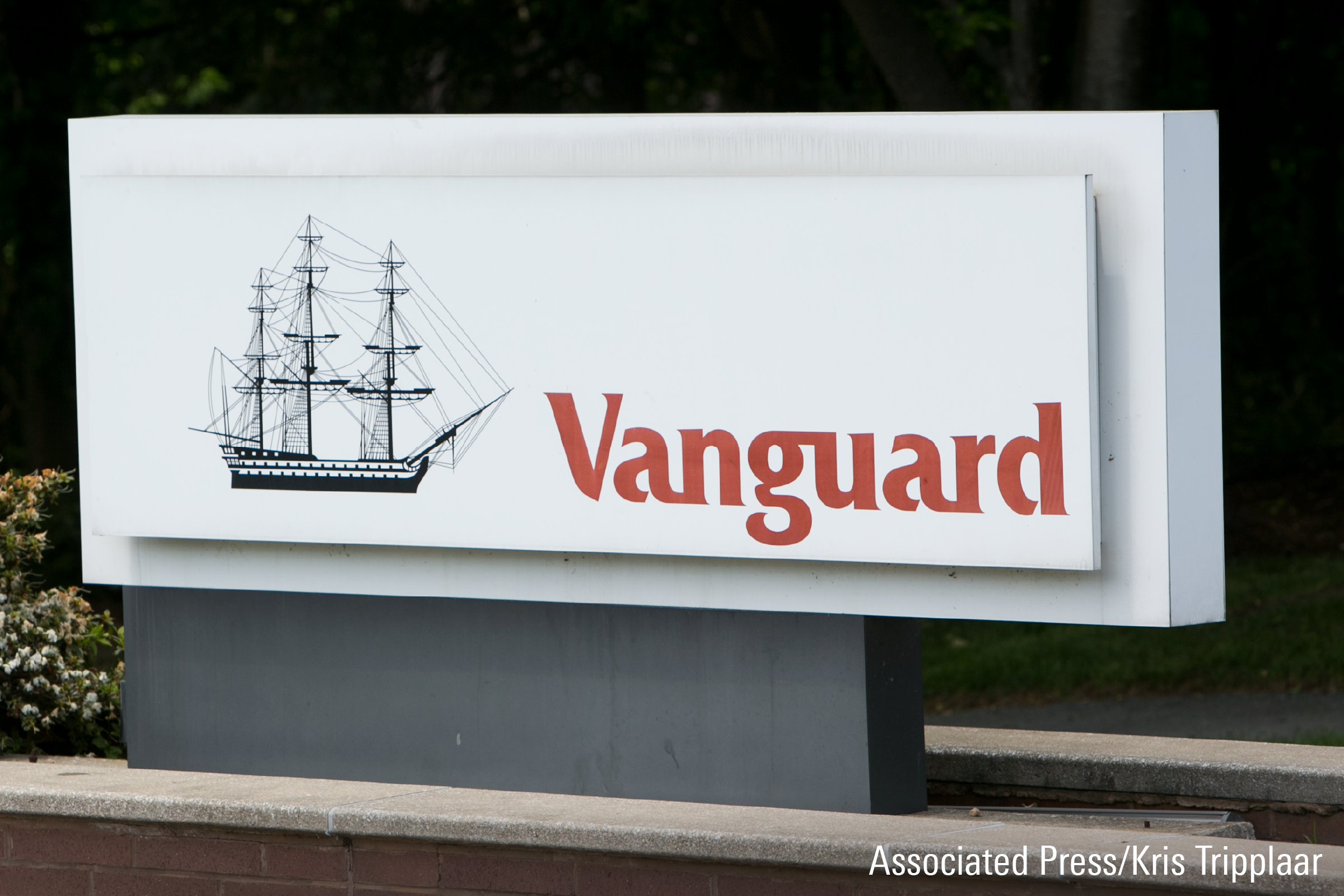As ESG Draws Fire, Vanguard Expands Sustainable-Funds Lineup
Who needs indexes? New Vanguard environment fund will own just 25 stocks.

Vanguard Group is expanding its sustainable-funds lineup with Vanguard Global Environmental Fund VEOIX, a concentrated fund that couldn’t be more different from the index funds that made Vanguard’s name. In doing so, Vanguard is delving further into sustainable investing at a time that the practice has drawn criticism.
Matthew Piro, a principal at Vanguard, said the launch comes after an effort to introduce more actively managed portfolios and follows client demand. “We look for differentiated investment strategies that we believe can deliver long-term outperformance but also have a clear alignment to an ESG outcome or orientation that we are increasingly hearing is important to clients,” Piro said in an interview. ESG stands for environmental, social, and governance investing, a popular type of sustainable investing.
The fund will look for “solution providers for decarbonization” and will be managed by Ninety One Asset Management, an Anglo-South African investment manager formerly known as Investec. According to the firm’s website, the firm’s investment teams are “united by the belief that active investing can be a force for good.”
Not for the Fainthearted
If you want to see what the fund will look like, check out the version called Ninety One Global Environment ZGEIX, which has $31 million in assets and a whopping 0.9% expense ratio. It has just 22 positions, versus nearly 3,000 in the MSCI ACWI Index, its benchmark. The largest holding, according to the Morningstar profile, is mega waste-hauler Waste Management WM, at 6.95% of the portfolio. Second is Trane Technologies TT, at 6.43%, one of the triumvirate of firms controlling the commercial buildings HVAC systems space, and TE Connectivity TEL, at 5.74%, which makes sensors and connectors.
The Vanguard fund will be somewhat cheaper, offering both Investor Shares (ticker: VEOIX, expense ratio: 0.75%, minimum initial investment: $3,000) and Admiral Shares (VEOAX, 0.60%, $50,000).
This fund, which follows what the manager describes as “a concentrated, unconstrained approach,” isn’t for the fainthearted. So far this year, Ninety One Global Environment is down 26%, versus 21% for the iShares MSCI ACWI ETF that is based on the fund’s benchmark. A version offered offshore shot up 50% in 2020, versus 16.3% for the ACWI. In 2021, the same fund gained 10%, lagging the benchmark’s 18.5%.
‘Satellite,’ Not Core, Exposure
The fund is designed to be a satellite, rather than core, exposure, Vanguard’s Piro says. It brings the number of funds in Vanguard’s sustainable lineup to seven. Vanguard has belatedly tried to address criticism that it offers only sustainable index funds. Indeed, the fund family has a Low rating on the Morningstar ESG Commitment Level, partly because it has relied on negative screening in the past. Says Dan Wiener, founder of The Independent Adviser for Vanguard Investors, “Vanguard hasn’t been particularly ESG forward.”
The firm is trying to change this perception with actively managed funds. Recently, for example, it introduced Baillie Gifford Global Positive Impact Stock Fund VBPIX, which owns between 25 and 50 stocks. Says Morningstar analyst Alyssa Stankiewicz: Vanguard “is maturing in the type of clients they’re trying to serve.” At the very least, its name recognition and lower fees will lure customers.
Investing in climate solutions has been a strong performer for fund families recently. In the United States, Stankiewicz notes, interest in climate funds has shot up. In 2021, investors poured nearly $13 billion into these funds—a 43% increase over 2020′s record and 18 times greater than the total seen five years ago, according to Morningstar. Regulators are asking public companies to report on climate-related risks. Clean energy/tech funds, which target companies driving the renewable energy transition, remain the most popular, but other categories are gaining ground.
A Bet on the Inflation Reduction Act
The Inflation Reduction Act of 2022 is burnishing those prospects. Deirdre Cooper, the fund’s manager, says the Vanguard fund looks for “solution providers for decarbonization.” In an interview, Cooper noted that the world is currently investing more than $600 billion a year in climate finance. “If we move to a net-zero scenario, that number needs to be $4-$6 trillion.”
In the U.S. in particular, the benefits of the Inflation Reduction Act are hugely underestimated, Cooper said. The new law is complex to analyze because the growth is achieved through tax credits. “It provides a 10-year visible growth opportunity for U.S. companies in the renewable energy area, the hydrogen area, electric cars, and energy efficiency,” she said. “On the other side, it sets us up to deliver low-cost highly visible energy systems that will aid a manufacturing renaissance” in the U.S. For investors with a strong stomach, such a proposition may be worth a look.
The author or authors do not own shares in any securities mentioned in this article. Find out about Morningstar’s editorial policies.

/s3.amazonaws.com/arc-authors/morningstar/d53e0e66-732b-4d50-b97a-d324cfa9d1f8.jpg)
/cloudfront-us-east-1.images.arcpublishing.com/morningstar/NNGJ3G4COBBN5NSKSKMWOVYSMA.png)
/cloudfront-us-east-1.images.arcpublishing.com/morningstar/6BCTH5O2DVGYHBA4UDPCFNXA7M.png)
/cloudfront-us-east-1.images.arcpublishing.com/morningstar/EBTIDAIWWBBUZKXEEGCDYHQFDU.png)
:quality(80)/s3.amazonaws.com/arc-authors/morningstar/d53e0e66-732b-4d50-b97a-d324cfa9d1f8.jpg)